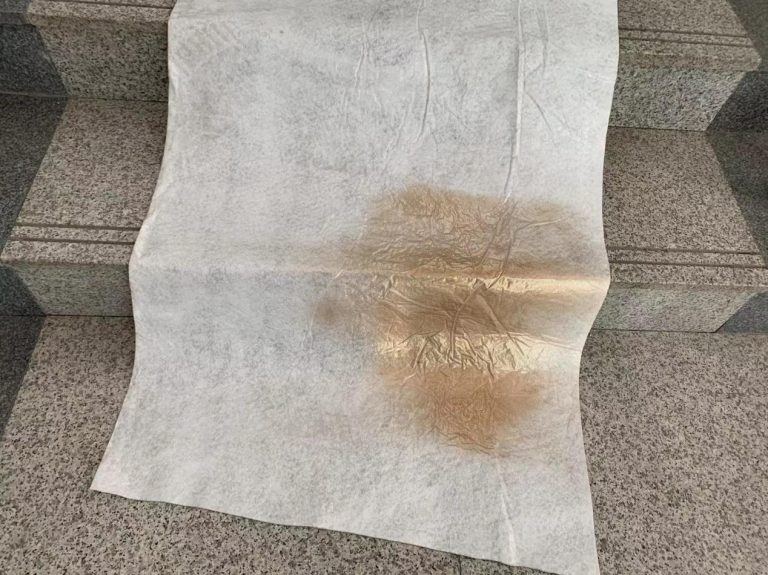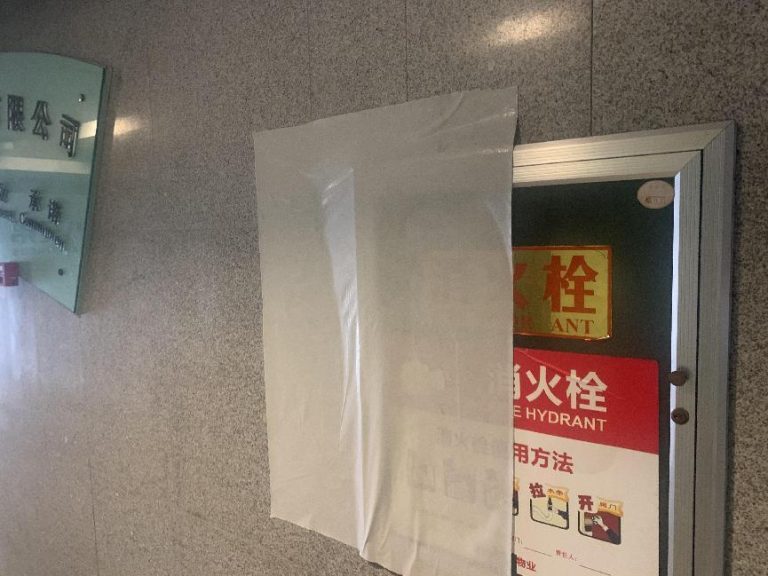How to Properly Install an Asphalt Oil Mesh Roof Waterproof Layer
Installing an asphalt oil mesh roof waterproof layer is an important step in protecting your roof from water damage. This layer helps to keep water from seeping into the roof and causing damage to the underlying structure. Proper installation of the asphalt oil mesh layer is essential for ensuring that it will provide the necessary protection.
The first step in installing an asphalt oil mesh roof waterproof layer is to prepare the roof surface. This includes removing any existing debris, such as leaves, twigs, and dirt, and ensuring that the surface is clean and dry. Once the surface is prepared, the asphalt oil mesh layer can be applied.
The asphalt oil mesh layer should be applied in two layers. The first layer should be applied with a brush or roller and should be applied in a thin, even layer. This layer should be allowed to dry before the second layer is applied. The second layer should be applied with a trowel and should be applied in a thicker layer. This layer should be allowed to dry before any additional layers are applied.
Once the asphalt oil mesh layer has been applied, it should be sealed with a sealant. This sealant should be applied in a thin, even layer and should be allowed to dry before any additional layers are applied.
Finally, the asphalt oil mesh layer should be covered with a protective layer of gravel or stone. This layer should be applied in a thin, even layer and should be allowed to dry before any additional layers are applied.
By following these steps, you can ensure that your asphalt oil mesh roof waterproof layer is properly installed and will provide the necessary protection for your roof. Proper installation of this layer is essential for ensuring that it will provide the necessary protection and will last for many years.
Benefits of Using a Black Felt Pad for Roof Waterproofing
Roof waterproofing is an important part of protecting a home from water damage. A black felt pad is a common material used for roof waterproofing, and it offers a number of benefits.
The first benefit of using a black felt pad for roof waterproofing is that it is highly durable. The felt is made of a thick, woven material that is designed to withstand the elements. This makes it an ideal choice for protecting a roof from water damage.
Another benefit of using a black felt pad for roof waterproofing is that it is easy to install. The felt is lightweight and can be cut to fit any size roof. This makes it a great choice for DIY projects.
The black felt pad also provides excellent insulation. The felt helps to keep the roof cool in the summer and warm in the winter. This helps to reduce energy costs and keep the home comfortable year-round.
Finally, the black felt pad is an affordable option for roof waterproofing. The material is relatively inexpensive and can be purchased in large rolls. This makes it a great choice for those on a budget.
Overall, a black felt pad is an excellent choice for roof waterproofing. It is highly durable, easy to install, provides excellent insulation, and is an affordable option. For these reasons, it is a popular choice for homeowners looking to protect their roofs from water damage.
Understanding the Different Types of Chinese Factory-Made Roof Waterproofing Materials
Chinese factory-made roof waterproofing materials are an important part of any roofing system. They provide protection from the elements and help to extend the life of the roof. There are several different types of Chinese factory-made roof waterproofing materials available, each with its own unique characteristics and benefits. Understanding the different types of materials can help you make an informed decision when selecting the right waterproofing material for your roof.
The most common type of Chinese factory-made roof waterproofing material is bitumen-based. Bitumen is a petroleum-based product that is applied in liquid form and then heated to form a waterproof membrane. Bitumen-based waterproofing materials are highly durable and resistant to UV rays, making them an ideal choice for roofs in areas with high levels of sunlight. They are also relatively inexpensive and easy to install.
Another type of Chinese factory-made roof waterproofing material is polyurethane. Polyurethane is a synthetic material that is applied in liquid form and then cured to form a waterproof membrane. Polyurethane waterproofing materials are highly durable and resistant to UV rays, making them an ideal choice for roofs in areas with high levels of sunlight. They are also relatively expensive and require professional installation.
Finally, there are rubber-based waterproofing materials. Rubber-based waterproofing materials are applied in liquid form and then cured to form a waterproof membrane. Rubber-based waterproofing materials are highly durable and resistant to UV rays, making them an ideal choice for roofs in areas with high levels of sunlight. They are also relatively expensive and require professional installation.
No matter which type of Chinese factory-made roof waterproofing material you choose, it is important to ensure that it is installed correctly and maintained properly. This will help to ensure that your roof is protected from the elements and will last for many years to come.


